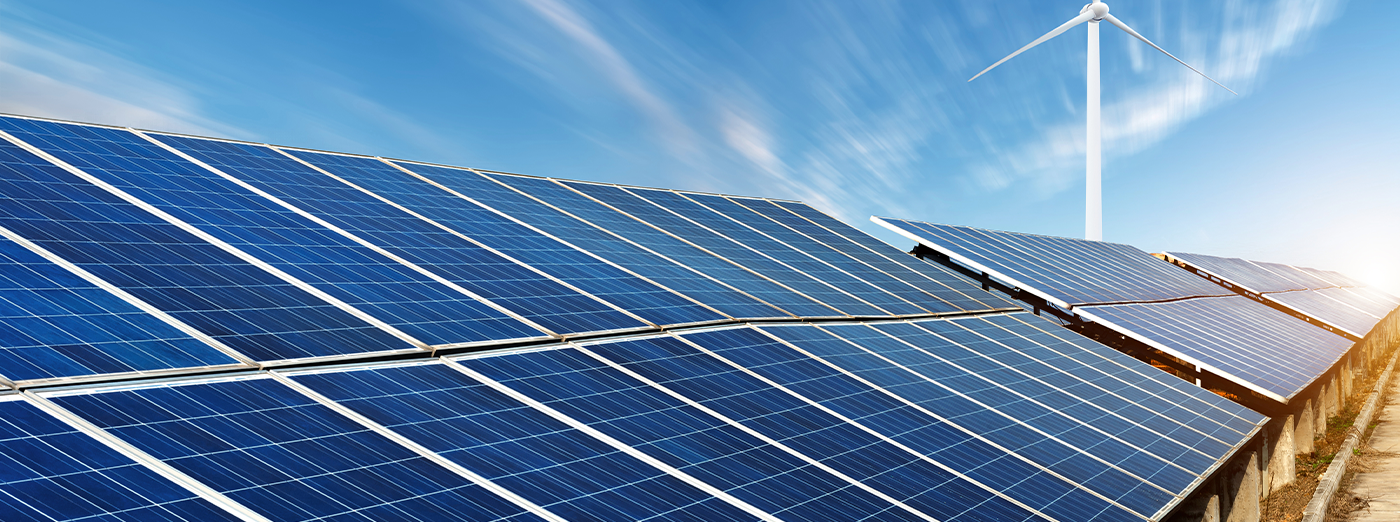Distribution Future Energy Scenarios
A key part of DSO’s strategic planning process is understanding how communities’ needs of the network will evolve moving forward.
To understand these trends, we partner with Regen to produce our Distribution Future Energy Scenarios, or DFES. In this annual process, we forecast future load growth (both demand and generation) on our network in four societal and consumer transformation scenarios to 2050.
We use National Grid ESO's Future Energy Scenarios (FES) as the framework for our DFES. Through stakeholder engagement and local evidence gathering, we tailor our projections to our two distribution licence areas in central southern England and northern Scotland. This includes data and insights that local authorities share with us through their local area energy planning.
DFES Publications
Our DFES forecasts help us understand when, where, and how many new connections we can anticipate in different pathways to net zero by 2045 in Scotland and 2050 in England. These forecasts serve as a key input to our strategic network investment process, which you can read more about on our strategic network planning process webpage.
Stakeholder input is a key data infeed to our DFES forecasts. Sharing your plans with us will help to ensure we build a network that’s fit for local plans and ambitions.
If you are a local authority, infrastructure developer, or other organisation served by our network, we want to know about your longer-term development plans that may change your electricity needs moving forward. Get in touch with us at whole.system.distribution@sse.com so we can work with you.
Just Transition, Vulnerability and Future Energy Scenarios
Earlier this year we commissioned Regen to undertake analysis to inform how we can better plan for a fairer net zero future. This aligns with recent innovation work we have undertaken to develop VFES approaches.
Regen’s report presents an innovative new modelling approach to develop scenarios that support more targeted and timely investment within vulnerable and lower-income areas. It concludes that network planning has a vital role to play in delivering a socially just transformation in the energy system and recommends that we broaden our engagement with a greater emphasis on vulnerability and the just transition can increase inclusivity and transparency in the network planning process.
We believe the just transition and vulnerability analysis should become even more of a standard in network planning processes, in DFES and beyond. We are now progressing the recommendations of the report through embedding the Just transition within our strategic development process, engaging further with stakeholders in the development of the 2024/25 DFES, and understanding how Regen’s modelling and insights could be utilised more widely.
